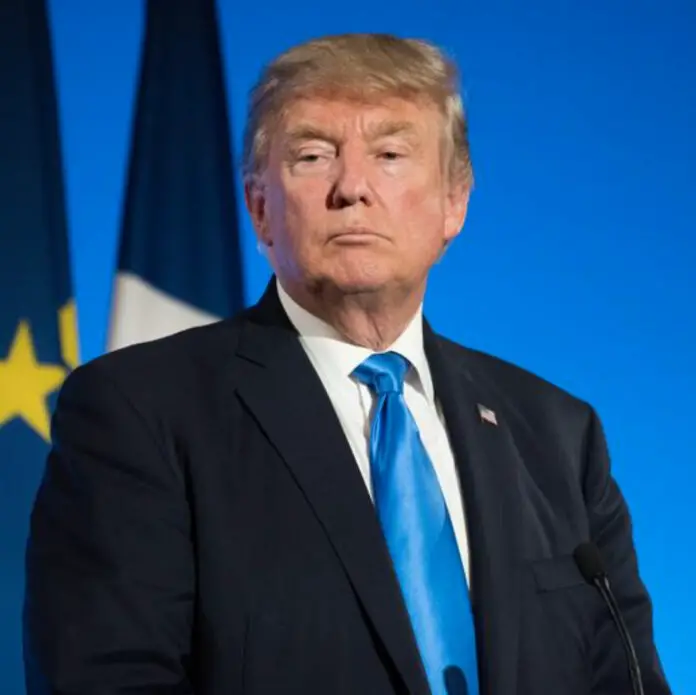Chairman of the House Judiciary Committee, Jim Jordan, is stepping up his pursuit for information from New York Attorney General Letitia James, warning of a subpoena if his request is not met. Jordan’s investigation is centered on Matthew Colangelo, a former Justice Department official who played a key role in prosecuting former President Donald Trump in the Manhattan hush-money trial.
On June 18, 2024, Jordan reasserted his initial request made on May 15, demanding information about Colangelo’s past employment at the New York Attorney General’s Office. He castigated AG James for not responding by the May 29 deadline and highlighted the critical role of congressional oversight in preventing politically inclined prosecutions. “Popularly elected prosecutors, like New York County District Attorney Alvin Bragg, have engaged in an unprecedented misuse of authority by prosecuting a former President,” said Jordan.
Jordan and his committee have put a spotlight on Colangelo’s role in the Trump case. Prior to his tenure in Bragg’s office that began in 2022, Colangelo was a top official at the Justice Department under the Biden administration. His involvement in the investigation has elicited unease among Republicans who perceive the prosecution as politically motivated. “The participation of a former senior Biden DOJ official in prosecuting Biden’s key political adversary further feeds the perception that the DOJ under Biden is politically biased and misused,” Jordan emphasized.
Jordan’s letter underscores the Judiciary Committee’s authority under Rule X of the House Rules to oversee criminal justice issues and civil liberties. He cited the Supreme Court’s acknowledgement of Congress’s extensive oversight power, which encompasses inquiries into the implementation of existing laws and exploration of proposed legislation to address social, economic, or political issues.
The House Judiciary Committee set a new deadline of July 2, 2024 for AG James to deliver the requested information. Jordan suggested that the committee is prepared to use a mandatory process to secure the documents. “Curbing politically motivated prosecutions of both current and former Presidents by elected state and local prosecutors is a distinct and significant concern for Congress,” Jordan wrote.
This development unfolds amidst escalating political tensions regarding the prosecution of Donald Trump. Manhattan District Attorney Alvin Bragg, who led the investigation, and Colangelo are set to testify before the House Select Subcommittee on the Weaponization of the Federal Government on July 12.
A spokesperson for Bragg’s office defended the prosecution and criticized the dissemination of false information in a statement to Newsweek. “It undermines the rule of law to spread dangerous misinformation, unfounded claims, and conspiracy theories following the jury’s return of a full-count felony conviction in People v. Trump,” the spokesperson stated.
Jordan’s actions have ignited a substantial debate among legal and political experts. Critics argue that Jordan’s focus on the Trump case aims to undermine legitimate legal proceedings and shield the former president from accountability. However, supporters perceive Jordan’s efforts as an essential check on potential power abuses by state and local prosecutors.
The Justice Department has also entered the discussion, responding to Jordan’s earlier inquiries with a letter clarifying there was no interaction between federal prosecutors and those involved in the Trump case. “The District Attorney’s office is a separate entity from the Department,” the DOJ letter stressed.

